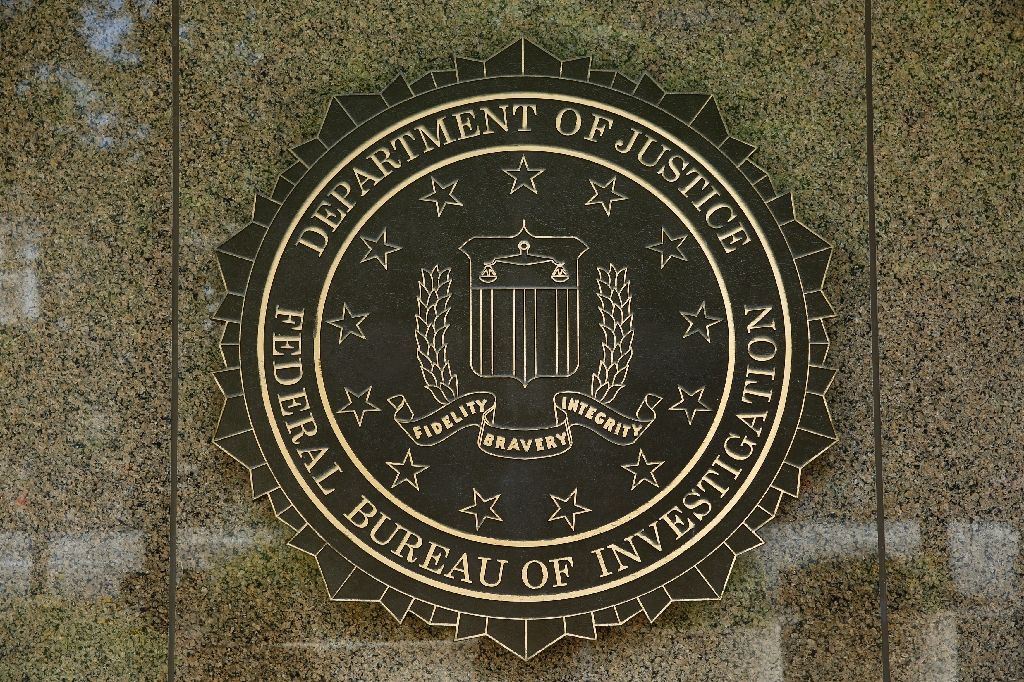The one thing Republicans and Democrats in Congress can agree on when it comes to President Donald Trump and Russia is the need to investigate. In less than five weeks many in Trump’s own party have moved from “nothing to see here,” to “no stone left unturned.” Meanwhile the Democrats smell blood.
In this spirit, the House Permanent Select Committee on Intelligence announced the parameters of its investigation. Its Senate counterpart did the same last month. At the heart of the probes are what links Russia’s influence operation had to the Trump campaign and the president’s associates.
This is the kind of oversight we expect from our legislators. And on the surface it makes sense. Both sides have an interest in establishing a common set of facts about what happened through bipartisan findings. If it’s true, as Trump says, that there is nothing to the allegations that his campaign or associates colluded with Russians to influence the election, then it’s important to have Democrats concur. If the opposite is true, it’s important to have Republicans hold their party’s leader accountable.
In this case though, the investigations are a recipe for chaos. This is because the FBI is conducting its own probe into Russia’s influence operations and any connections to Trump and his campaign. If congressional committees are looking into the same thing, they can undermine the bureau’s work.
There are a few ways this can happen. To start, the bureau and the committees will likely be calling many of the same witnesses. If either inquiry leads to prosecutions, it’s important for the bureau to keep the record of its investigation pristine.
Representative Adam Schiff, the ranking Democrat on the House Intelligence Committee, supports the investigation, though he acknowledges the potential conflict. On Monday he said that were he an FBI agent, he would be concerned whether “Congress is going to be leaking information and saying things that will inhibit us and bringing in witnesses that may contradict what the witnesses have already told us,” he said at a press conference. “I understand that concern and frankly Congress can help by not talking about the facts as we are learning them.”
Schiff’s point is well taken. But what are the chances that red-hot tidbits will remain secret?
For what it’s worth, these kinds of leaks are often wrong. Remember Scooter Libby? All the leaks from the special prosecutor’s office said he had disclosed the identity of CIA officer Valerie Plame. In fact it was one of Libby’s bureaucratic rivals who made the initial disclosure.
Another problem with the committees probing Russia-Trump ties is that they are not really equipped to do this kind of work. The committees were set up to do oversight of the CIA, the FBI, the NSA and the rest of the intelligence community. It’s the FBI that is supposed to conduct counter-intelligence investigations.
For the most part these things are done in secret, to ensure the quality of the investigation and to protect the identities of Americans being investigated. When Americans are accused of working for a foreign power — even before being tried in court — it’s very hard for them to rehabilitate their reputation.
When Congress starts hunting spies on its own, we usually regret it. See for example the House Un-American Activities Committee or the McCarthy witch hunts.
Congress’s involvement in the Trump-Russia investigation places the FBI itself in a bind. It was only five months ago that FBI Director James Comey turned the 2016 election on its head when he announced the FBI was combing through emails that could be related to the investigation of Hillary Clinton’s private server — after he had announced last summer that it was closed. The bureau didn’t turn up anything. But to this day, many Democrats believe his announcement, with its ominous unsubstantiated implications just before Election Day, was a factor in why their candidate lost.
The reason Comey made this interim announcement was that he told Congress he would keep them informed of any updates. It was later reported that he announced the inconclusive information to the public because he was afraid it would leak anyway once he informed Congress.
Fortunately there is an easy fix here. The intelligence committees can still look into Trump and Russia. But they should do this after the FBI completes its own investigation into the matter. The oversight committees have a duty to check the bureau’s work. They have no mandate or capability to conduct such investigations on their own.
Bloomberg
